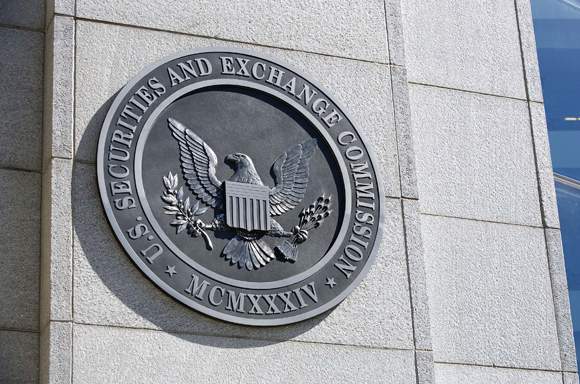Critics have long claimed that advisers should not be allowed to charge performance-based fees when working with unsophisticated clients. Now, the SEC has weighed in, dramatically increasing the net-worth a client must posses to qualify for such a pricing arrangement.
The Securities and Exchange Commission late Wednesday formally raised the net worth requirement for investors who are charged performance-based advisory fees.
Under a final rule issued by the commission, clients must have at least $1 million of assets under management with an adviser, or a net worth of at least $2 million, to qualify for performance fees, the SEC said in a statement. The previous minimums were $750,000 in AUM or a net worth of $1 million.
These higher thresholds were put in place in July by an SEC order, as required by the Dodd-Frank reform law.
The final rule also excludes the value of a client's primary residence from the net-worth calculation, similar to newly increased thresholds for private placements.
An RIA can continue to charge clients performance fees if the clients were qualified before the latest rule change, the SEC said.
The revamped rule also requires an inflation adjustment every five years to the net-worth test.
The rule change, first proposed last May, will take effect 90 days after publication in the Federal Register. Investment advisers may rely on the grandfather provisions before then, however.
Critics of the changes worried that raising the bar for performance fees would limit options for some clients and hurt small advisory firms.
But supporters argued that performance fees entail risks that require a level of sophistication and wealth from clients.
The Certified Financial Planner Board of Standards for example, argued in a comment letter that the value of a home is likely to be a function of the length of time an investor has owned the home, rather than a gauge of experience or sophistication.







